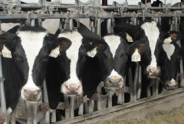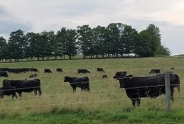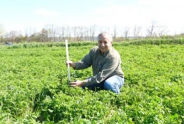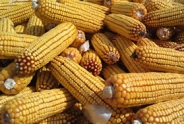Event Details
Date
December 14, 2020
Time
8:45 AM - 4:30 PM
Location
Online Training
Cost
This event is free.
Host
CCE Niagara
Amanda Henning
716-433-8839
email Amanda Henning
Good Agricultural Practices (GAPs) Training
December 14, 2020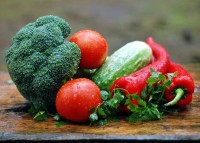
Good Agricultural Practices (GAP) and Good Handling Practices (GHP) are voluntary audits that verify that fruits and vegetables are produced, packed, handled, and stored as safely as possible to minimize risks of microbial food safety hazards. GAP & GHP audits verify adherence to the recommendations made in the U.S. Food and Drug Administration's Guide to Minimize Microbial Food Safety Hazards for Fresh Fruits and Vegetables.
Join CCE Niagara for a Good Agricultural Practices (GAPs) farm food safety training on December 14, from 8:45 a.m.-4:30 p.m. Farm food safety is common-sense practices organized to assist farmers to improve their skill set to continue to grow safe and healthy food.
This one-day programming will be an educational training on farm food safety principles and practices to provide the background and information for farmers to understand how to minimize the risk of food born disease contamination. Day two (which will be scheduled later in January) will be for those who want help with writing a farm food safety plan. If you want to be certified under the GAPs program, a farm food safety plan is needed for the audit.
This training is sponsored by the Niagara County Farm to School Program at CCE Niagara County.
When: Dec 14, 2020
Where: Online virtual Zoom meeting
Time: 8:45am-4:30pm
Cost: Pre-registration is required Cost is free
Click here to register for the event.
For more information contact Amanda Henning app27@cornell.edu or 716-433-8839

